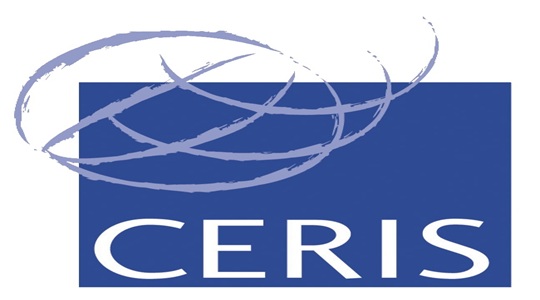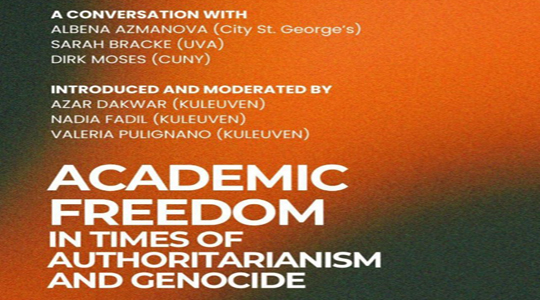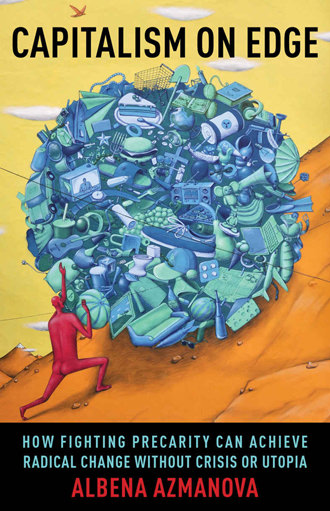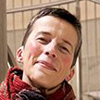Welcome
I am a writer, scholar and political commentator interested in social justice and political judgment, the rise of new ideologies, and democracy's troubles with capitalism. I draw on history, philosophy, and sociology as I seek to produce politically salient and critical analyses of modern societies.
Capitalism is not on its deathbed, utopia is not in our future, and revolution is not in the cards. And yet, the time is ripe for radical progressive change.
My latest book
My latest book
"This is the big-think book of our time", James Galbraith, interview. Read his review "The Pandemic and Capitalism".
Read more Awards
Latest

Populism and the crisis of democracies Event
A lecture course at CERIS-Diplomatic School of Brussels
Organized by CERIS-Diplomatic School of Brussels
This set of lectures discusses the place of populist politics in democracies, canvases resurgence of populism in liberal democracies over the past twenty years, and investigates the socio-economic causes for the persistent rise of popular support to far-right populist parties; finally, it addresses strategies for countering this trend.

Academic Freedom in Times of Authoritarianism and Genocide Event
keynote address
Organized by KU Leuven
Universities face mounting constraints on critical inquiry, dissent, and solidarity, as economic imperatives and political agendas narrow the space for independent thought.

Keynote Address at the Strategy Forum of the European Environmental Bureau Event
Organized by European Environmental Bureau
The Forum assessed EEB’s ten-year strategy at its midpoint focusing on new ideas for socially just green transition.
Regaining our Futures: How to Build Democracies with Foresight Event
Public Lecture at LSE European Institute
Organized by European Institute, LSE
European democracies now suffer from both tunnel vision and miopia. How can we make them look beyond the here and now?
Listen to the full podcast here.
European Civil Society Week - Strenghtening Cohesion and Participation in Polarized Societies Event
Keynote Address "From Polarization to Collaboration: Can Democracies Dream Big Again"
Organized by European Economic and Social Committee
A future of peace, prosperity, justice and a thriving environment is within reach not only for Europe, but also for the world. However, our leaders refuse to take us there. In such a case, civil society will have to lead the leaders.
1989's ambitious pragmatism: Lessons for fighting autocratic capitalism today Book Chapter
in Velvet Capitalism and the Crisis of Liberal Democracy edited by Petr Drulák and Petr Agha

Fantasies of Empowerment and Realities of Entrapment: Critique Amidst Ubiquitous Precarity Article

Diagnosing Europe: Precarity and insecurity as the new normal Commentary











